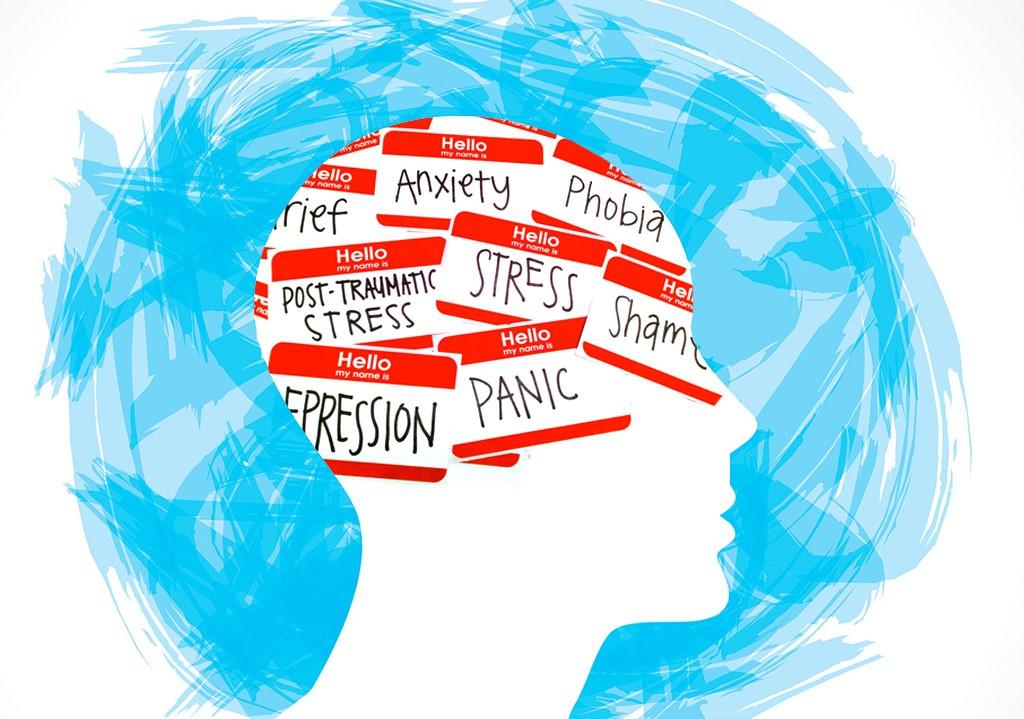Warning: Invalid argument supplied for foreach() in /home1/redcare1/public_html/wp-content/themes/uplift/swift-framework/content/sf-post-formats.php on line 89

Suicide, the act of killing oneself intentionally, is and always has been an extremely complex issue that brings about pain to thousands of people all over the world every year. Suicide is traceable as far back as the Middle Ages where it was regarded as a punishable offense if unsuccessful. It was also a serious offense in the European countries, but was later decriminalized in 1961.
About 800,000 people die annually due to suicide, which implies one person every 40 seconds. On a global scale, it has been shown the demographic with the highest incidents of suicide are aged 15 – 29. The suicide rate for the African region as provided by WHO in 2015 (per 100 000 people) was 7.4% which was fourth amidst all regions, and Nigeria ranked 30th in the suicide rate per country in 2015 (per 100 000 people) with a rate of 9.9%. This is a clear indicator that suicide is a growing epidemic in Nigeria, Africa and the world at large.

Although impossible to pinpoint, there are some traceable factors that correlate with the causes of suicides, and they include;
- Major psychiatric illness – such as mood disorders (e.g., depression, bipolar disorder, schizophrenia, post-traumatic stress disorder (PTSD) etc.
- Substance abuse (prescribed drugs, alcohol, hard drugs)
- Gun prevalence
- Loss of hope, will or enthusiasm to live
- Introduction of death or suicide in discussions and writing
- Past suicide attempts
- Financial difficulties
- Family history of suicide
Some perhaps erroneously believe that people who express their suicidal thoughts or tendencies might be incapable of committing the act. However, talking about it alone is a warning sign which should be given prompt attention by family, a doctor or a counsellor, as the individual is already at greater risk. And while some choose to talk about it, others follow a different route and mask their feelings with excessive energy. Actions like agitation, hyperactivity, and restlessness may be pointers to a suppressed state of depression.
Numerous ways exist in how to assist in suicide cases and these include;
- TALKING ABOUT IT: Do not hesitate to talk about suicide if you are aware someone you know is considering it. Go ahead and raise the subject politely. You would be surprised to find out that people are often willing to discuss their tendencies, provided they would not be judged as a result. Sharing their pain and agony assists in easing the distress of carrying the burden all by themselves. You can also urge them to seek professional help like counselling, medical and psychological support.
- GETTING TREATMENT: Individuals thinking or considering suicide are kindly advised to seek professional evaluation by a physician or mental health professional/counsellor in order to get the best form of treatment, some of which include:
- Ongoing psychological counselling (e.g., psychotherapy, marital therapy)
- Medical intervention (e.g., more aggressive treatment of a pain syndrome)
- Psychiatric treatment (e.g., treatment of a mood disorder, substance abuse, or schizophrenia).
- EMERGENCY ASSISTANCE: People in distress can be assisted through telephone counselling, crisis lines and suicide hotlines which offer a zero-pressure context to talk to a caring and anonymous counsellor. They can also be used if one is worried for a friend and wants to know what to do in a particular situation. Some of the Nigerian Suicide Hotlines are +234 806 210 6493 and +234 809 210 6493.
Each and every one of us can contemplate suicide when things are not going our way, so let’s all endeavor to help ourselves and thereby combat the growing rate of suicides in our societies.
- Chima Ordu
